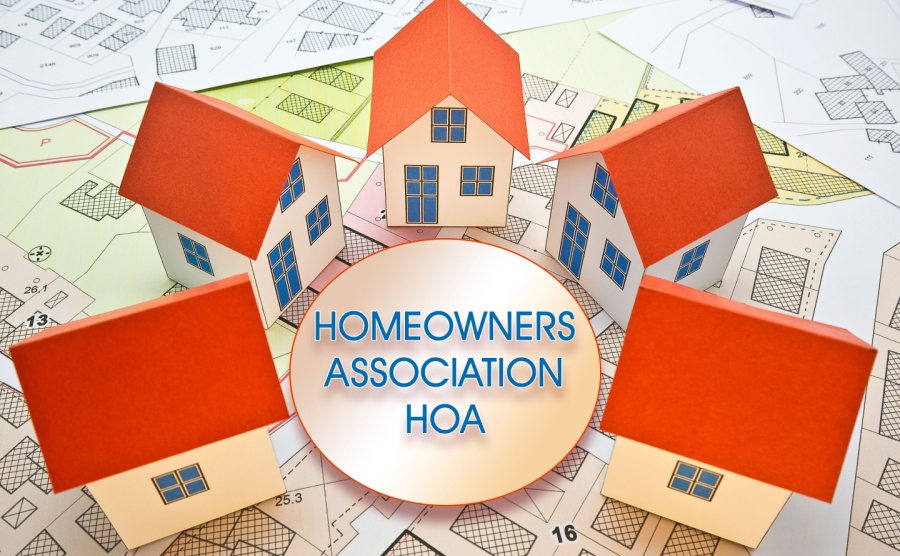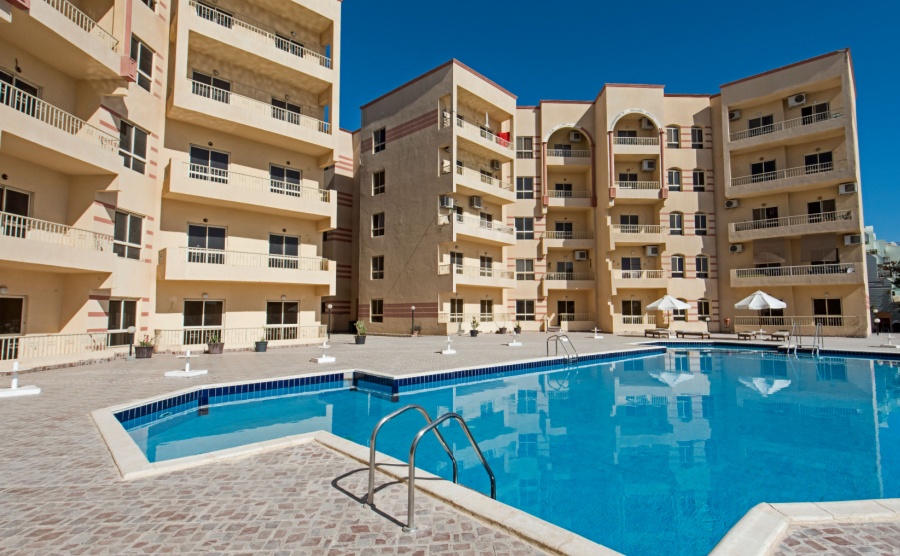Central to the smooth running of any residential community are the rules set by its owners and their appointed committee. Their role has become especially pivotal in recent years, as opposition to holiday rentals escalates in certain overseas destinations. Here’s a low-down on the situation and how these committees work…
Headlines about Spanish locals protesting against foreign holidaymakers have been noticeably commonplace this year. It’s happening in other countries too, albeit more passively and on a smaller scale. In most cases they are a backlash against over-tourism and inflated property prices caused by high foreign demand for rental property.

The homeowners association (HOA) is a vital part of owning apartments overseas
The consequences include tighter controls or complete prohibition of short-term holiday lets in flashpoints around Europe. Critically, it’s not just local town halls and governments that can impose restrictions on rentals, whether nationwide or regionally. It’s far more local than that. In many countries the law makes provision for an individual community, more specifically the people who own property there, to vote for a ban on holiday rentals and incorporate this as a condition into its rulebook. Typically, this is organised through the community’s management board and, as in Spain, a unanimous vote is not always required to pass a new rule.
One British couple known to Property Guides found this out the hard way and can longer rent out their second home in the South of France. They failed to attend a recent committee meeting where other owners in their development voted for a ban on holiday lets. Their rental listing will need to be removed from AirBnB and they’ll need to use other resources to cover their property’s running costs. Not what they had planned for when they purchased their property brand new a couple of years ago.
Due diligence
Lesson one for existing home-owners is to do your best to attend all property-owners meetings. These will be organised by the management board and happen at least once a year. Not being there risks denying yourself the chance to vote on something important – such as prohibiting rental licences – and missing out on useful information, including fees.
For those actively house-hunting, before you consider buying in a community or development check the rules governing homeowners thoroughly, in particular the status of rental licences, and for older communities, find out about any contentious issues that get raised at the meetings. Good lawyers will ask for the minutes from these meetings going back a year or two when doing their due diligence for you and highlight anything of concern.
Community of owners
When you buy a property within a residential community, which could be anything from a single apartment block to a resort-style urbanization of townhomes and villas, you automatically become a part-owner of all the common areas within that community, including infrastructure, leisure amenities and roads/parking. This makes you a member of the ‘community of property-owners’ (‘homeowners’ association’ in the US), the other members being all the other co-owners there.
As a rule, your share of the common areas will be proportional to the size of your property. Every community has its own set of internal rules that govern how the properties and common areas are used and maintained. In most countries, national law regulates the power of communities and how they can impose their own rules (in Spain it is covered in its Law of Horizontal Property).
Management
In most countries, three parties are integral to the functioning of a community, both administratively and operationally. These are the board of owners, the president and the administrator.
The board comprises all property-owners and has an annual general assembly to decide and vote on key things for the coming year, including budgets and common areas. The president is an owner who is elected by the board and is responsible for ensuring all resolutions are carried out, representing the community of owners externally, calling meetings and authorising activity within the common areas.
The administrator is usually an external company elected by the board that manages the community, its common areas and services on a day-to-day basis, takes care of maintenance and repair issues and advises the board on budgets and foreseeable expenses. The administrator often acts as the community’s secretary, responsible for taking minutes and general documenting duties.
Community fees

The common areas and services in any community incur running expenses and maintenance bills, which includes paying an external administrator. To cover these costs, each property-owner pays a monthly or quarterly fee based on their share of the common areas. These payments are known as community fees (or homeowners’ association fees in the US) and the rate they are charged is decided by the board of owners at their AGM. As a guide, the fees will include the maintenance of: all indoor communal areas, such as entranceways, lifts, halls, basement parking reception and gym; outdoor facilities, such as swimming pools, gardens, parks, courts; roads and parking areas; gated entry, security and any personnel.
Always check what the community fees are at any community where you are considering buying. As final takeaways, remember that fees vary significantly depending on the size of the common areas, the range of facilities and quality of the community and generally the larger your property the higher your fees will be. If you’re buying somewhere to spend time yourself without renting out, you might prefer lower fees. Conversely, amenity packed, upmarket resorts will have higher fees but should generate high rental returns.
Download our free guides to buying in these countries:


